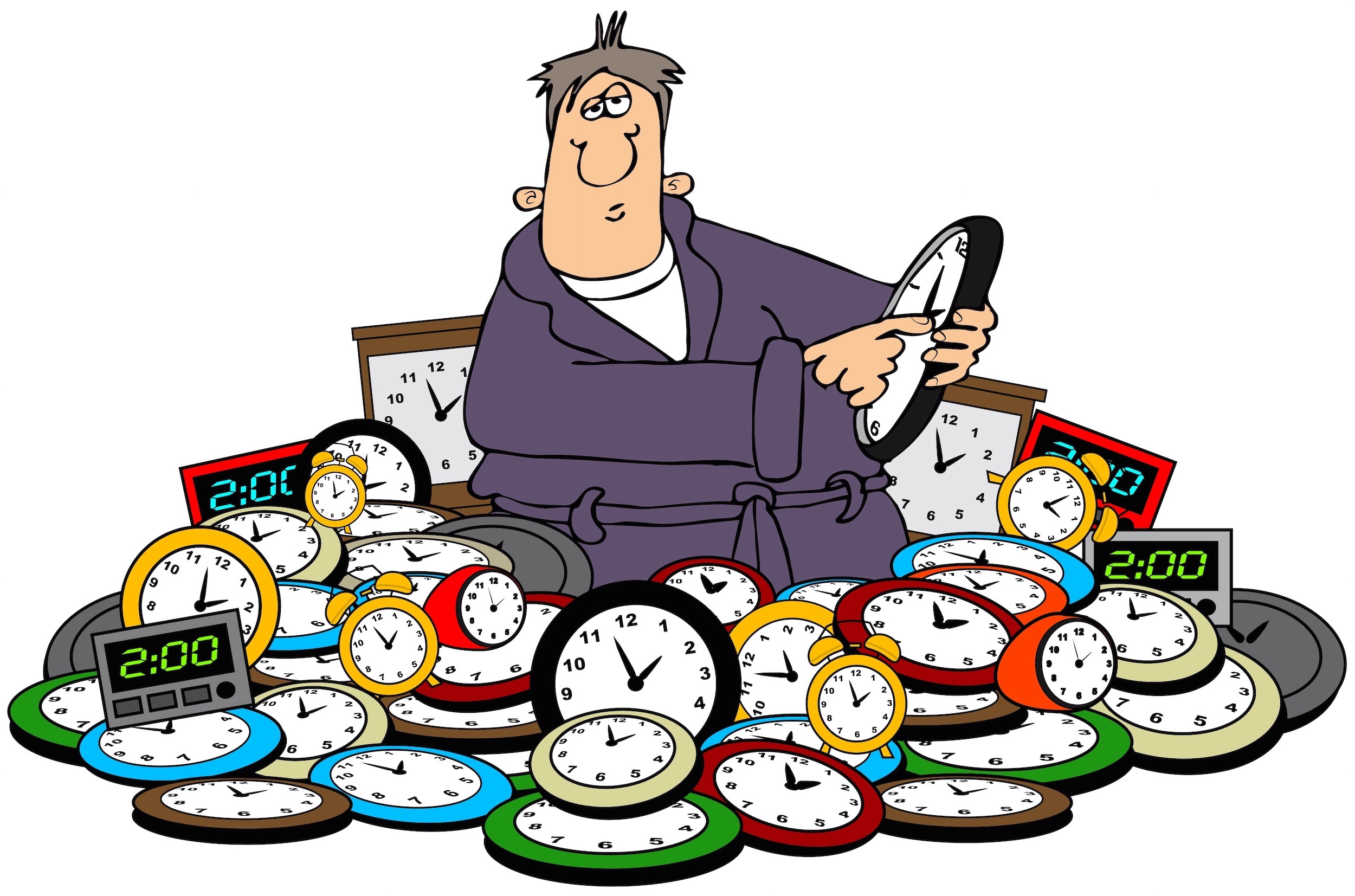
28 okt Tips to cope with Daylight Saving Time
Do you live in one of the approximately 70 countries that have Daylight Saving Time?
The twice-yearly shift that occurs for daylight saving time may only be 60 minutes long, but that can be enough to throw your sleep, body and mood out of balance.
Did you know that a study found that the overall rate for strokes increased by 8% for the days afterwards? The risk of heart attacks increases and cognitive abilities drop.
Daylight saving is intended to make use of the longer daylight hours, but it can disrupt our natural sleep cycle.
The reason is the disruption of our circadian rhythm.
This is the physical, mental and behavioral changes that follow a 24-hour cycle. Basically, it’s an internal clock running in in the background of our brain which cycles between sleepiness and alertness at regular intervals.
The light bulb made us artificially control this rhythm and unfortunately this artificial rhythm is further disrupted every six months.
So how can you survive Daylight Saving Time?
For most of us, moving to a state or country without this time change isn’t an option. (it does seem a bit dramatic to relocate your whole life for one hour)
Prepare a few days early ⏰
Gradually transition into the time change. Try to go to sleep 15 minutes early or late (depending on the change) every few days starting one week before the time change.
Stick to your bedtime routine 📺
Try doing the same things every night to help train your brain to recognize your ideal bedtime. Have dinner at the same time, do the same activities and turn off the TV at the same time!
Also, stay consistent with the amount of sleep you get each night – including on the weekends.
Create a sleep-friendly environment 🛏
Put your phone and computer away. Turn off the television and pick a book (preferably a non-suspenseful one)
Eat smart and choose sleep-inducing foods 🫖
Some foods are ideal to have as a bedtime snack, for example a glass of milk, bananas and decaffeinated chamomile tea.
Be sure to avoid coffee and alcohol 4-6 hours before bedtime.
Relax before you sleep 🧘♀️
Avoid stressful activities at night. Skip high-intensity television shows (and provoking nightly news). Avoid work-related emails.
Go to bed earlier 🥱
For most of us, the hours between 10 pm and 2 am can offer us some of the most restorative sleep. Try getting to bed before 10pm, set an alarm if you need to.
Soak up the morning light ☀️
Get outside first thing in the morning for 10-15 minutes for 3-4 days after moving the clocks forward an hour. The natural blue light helps your body clock reset.